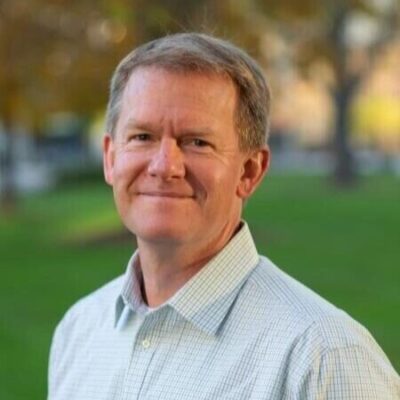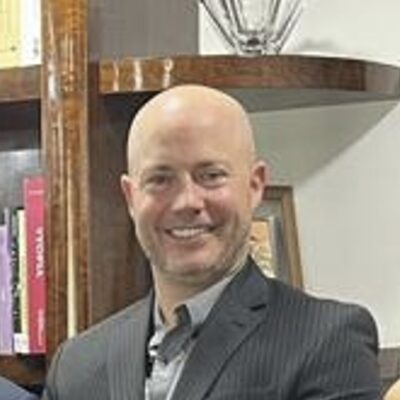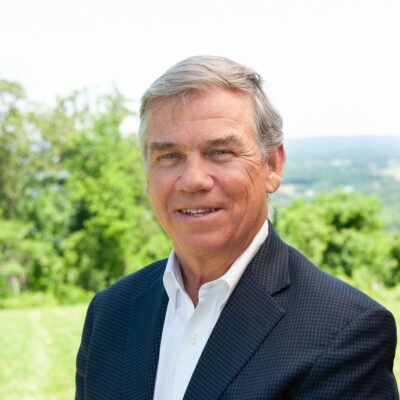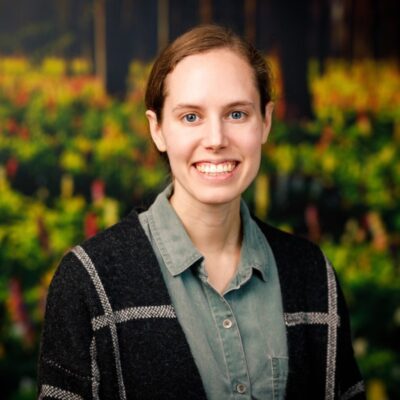Listeners:
Top listeners:
-
 play_arrow
play_arrow
116 | From Ticking Time Bomb to Demographic Dividend: James Mwangi and Kenya's Great Carbon Valley
-
 play_arrow
play_arrow
115 | Unpacking Donald Trump's Very Weird Environmental Orders
-
 play_arrow
play_arrow
114 | Michael Greene: Carbon Cowboy or Lone Ranger? Part 1
-
 play_arrow
play_arrow
113 | The Future of Environmental Finance: Strategies for Biodiversity and Climate Solutions, with David Hill and George Kelly
-
 play_arrow
play_arrow
112 | Fantasy Football and Dynamic Baselines: New Tools for Impact Assessment
-
 play_arrow
play_arrow
111 | The False Dichotomy Between Reductions and Removals (Rerun)
-
 play_arrow
play_arrow
110| Ecological Economics, Systems Thinking, and the Limits to Growth
-
 play_arrow
play_arrow
109 | How Brazil's Quilombola Communities are Planting the Seeds of Sustainability for Small Farms Around the World, with Vasco van Roosmalen of ReSeed
-
 play_arrow
play_arrow
108 | The Washington Post’s Head Scratcher of a Carbon Story
-
 play_arrow
play_arrow
107 | Francis Bacon and the Prehistory of Climate Finance. Second in an intermittent series on the Untold Story of the Voluntary Carbon Market
Transcript
Today we examine an amazing new tool called “Trase”, which launched at year-end climate talks in Marrakesh, Morocco.
It shows you something we’ve always known was there, but could never see: namely, 320,000 supply threads, going from individual municipalities in Brazil, through local brokers, to importers in countries around the world.
With it, you can see which trading companies are buying soybeans form municipalities where farmers are chopping forests to grow them, and companies can see, too.
It’s a tool that good companies can use to reduce their impact on forests, and that watchdogs can use to keep bad companies honest.
Read the companion story on Ecosystem Marketplace:
Can “Radical Transparency” Save Forests And Slow Climate Change?
Bionic Planet is also available on iTunes, TuneIn, Stitcher, and elsewhere.
Episodes
115 | Unpacking Donald Trump’s Very Weird Environmental Orders
January 27, 2025
114 | Michael Greene: Carbon Cowboy or Lone Ranger? Part 1
December 6, 2024
113 | The Future of Environmental Finance: Strategies for Biodiversity and Climate Solutions, with David Hill and George Kelly
November 28, 2024





